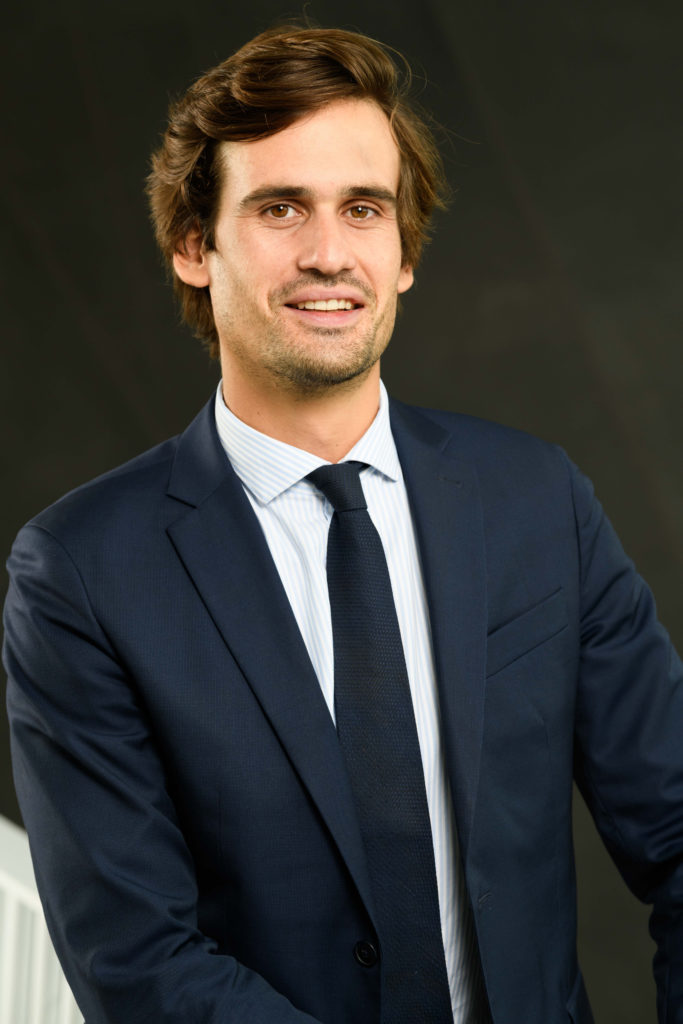How would you describe the position of Project Leader?
The M&A role involves advising customers during financial operations that generally have an impact on the shareholding structures of companies. At SODICA Corporate Finance, we specialise in medium-sized operations (SMEs and mid-caps), unlike CACIB, which manages larger operations. We are involved in various types of operations, often supporting the Regional Banks of Crédit Agricole in these issues.
Let me give you a very concrete example of a project we might work on. When a business executive wants to retire and there is no potential buyer in his immediate circle, one option is to assign a sales mandate to a third party to ensure the continuation of the business. In this specific case, the fact that we belong to the Crédit Agricole Group is very valuable, because the close relationship created over the years by the Group’s staff with the executive may be a decisive factor in obtaining the mandate.
Once the mandate is assigned to SODICA Corporate Finance, the project will last for 6 to 12 months and will take place in several stages. The first stage is the drafting of what we call a presentation memorandum. It then involves an in-depth study of various elements (the company, its market, its competitors, etc.) in order to draft a document of around 50 pages containing an overall presentation of the company that the executive wishes to sell. A financial analysis is then carried out in order to establish the value of the company and to prepare for the negotiations to come. Finally, this first step is completed with another expert report from SODICA Corporate Finance based on our ability to identify potential buyers very precisely, both in France and abroad. Once this initial desk work has been completed, the project is proposed to the potential buyers identified and a whole series of stages follows, involving several types of players (auditors, lawyers, bankers, etc.) before the operation is finally carried out.
There are generally between three and five staff members on each project. A real team spirit is quickly created and everyone naturally finds their place. The learning curve is very fast because from the start of your career you find yourself interacting with very high-level people.
What are the peak periods of your job during the year?
We have two very busy periods during the year. These are June-July and November-December. An important part of our job is to guarantee the timing of the operation. In particular, we have to ensure that the various teams working on the project have all the information they need to do this in a coordinated manner and on time. Usually, setbacks or pauses in a project may hinder the chances of completing the operation. So, when annual breaks are approaching (in our business, August and the end of the year), the pace picks up.
Can you describe your typical day?
The thing about M&A is that there isn’t really a typical day. Just when you think your day is going well, the opposite happens! But that is the interesting part of the job. You learn to manage the unexpected. It can be a bit overwhelming at first, but over the months you get a taste for it and love this form of adrenaline.
But if I had to come up with a typical day I would say that first thing in the morning, I spend time producing the various documents inherent to our role (presentation memorandum, pitches, targeting, valuation approach, dataroom, q&a, etc.), working with younger staff members (interns and analysts in particular).
Then, I make myself available to external contacts. As Project Leader, I am the point of entry for several contacts because I am, by definition, more available than the Business Managers, who manage a greater number of projects. I therefore schedule several telephone meetings a day on various subjects and answer questions from customers, buyers, auditors, lawyers, etc. At the end of the day, when it’s calmer, I go back to preparing the various materials.
Of course, I do my work among the teams (when I’m not travelling). The atmosphere is really great.
What career path is required to reach your position and what are the possibilities for development?
I have a classic business school background with a specialisation in finance. To be honest, this is the most common profile in M&A. However, other backgrounds absolutely have their place on the teams and are even desirable. I think it’s very important to have a mix of people, particularly from diverse academic and professional backgrounds. The thinking is immediately enhanced.
Generalist engineers are thus specifically included in the teams, and at SODICA Corporate Finance agricultural engineers in particular, because we have a team specialised in agrifood where sector expertise is essential to carry out operations.
What advice would you give to someone thinking of taking up a similar position?
The advice I would give is above all not to listen to whatever people sometimes say about banking jobs.
Personally, I joined Crédit Agricole after working for two corporates. At the start of my career, I really didn’t want to work in a bank. I thought it was an austere world that left very little room for personal initiative.
Actually, the opposite is true. The atmosphere is really great, the teams are young and friendly, the work is very fulfilling and your level of responsibility quickly increases.
There you go, my advice is to be wary of the table football on display in the entrance of some firms.
Financing and investment job offers
